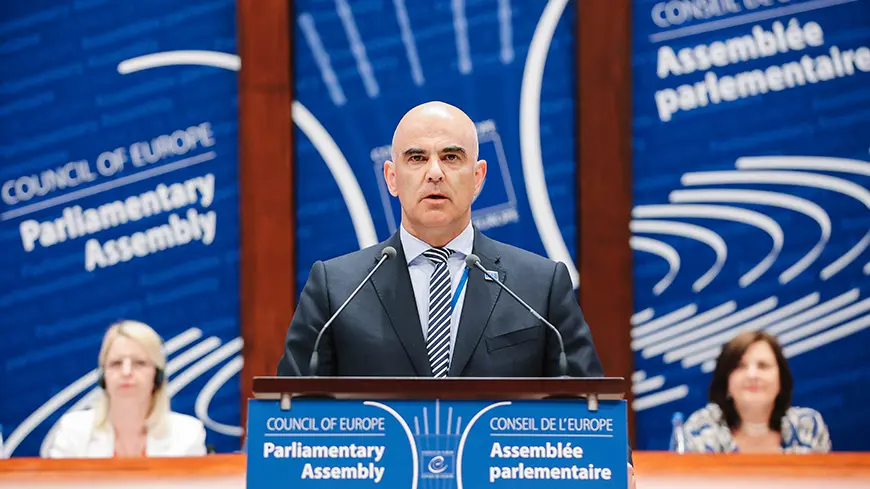In a newly released report, the European Investment Bank (EIB) reveals that Africa’s fintech sector has nearly tripled in size since 2020, bringing vital financial services to underserved communities across the continent. However, the report, Finance in Africa 2024, also underscores significant barriers to growth: high funding costs and limited capital, which are hindering Africa’s climate and digital transitions.
“Fintech is revolutionizing the way we think about finance in Africa,” noted EIB Vice-President Thomas Östros. “By leveraging technology, we can improve access to finance for millions and foster sustainable economic growth.”
The rapid expansion of digital finance solutions is shifting the African financial landscape, with fintech firms multiplying from 450 in 2020 to 1,263 in early 2024. This boom is increasing access to credit, particularly benefiting small businesses and marginalized populations, according to the EIB’s ninth annual Banking in Africa survey.
While digital solutions flourish, traditional banking in Africa faces considerable challenges. About one-third of African banks reported a lack of capital and cited funding costs as obstacles to growth. These constraints contribute to Africa’s declining private-sector credit, which fell from 56% of GDP in 2007 to 36% in 2022, stalling progress in industrialization and economic resilience.
EIB Chief Economist Debora Revoltella emphasized the urgency of addressing these challenges to unlock Africa’s potential. “While we see some signs of improvement, the high cost of finance remains a source of concern. As we navigate the dual challenges of climate change and digital transformation, the role of multilateral development bank lending is even more relevant in supporting sustainable growth on the continent.”
The report highlights Africa’s heightened vulnerability to climate change, with 34% of surveyed banks noting asset quality deterioration due to extreme weather events. Small and medium enterprises (SMEs) are particularly affected, as climate-related risks undermine their resilience and creditworthiness. Revoltella’s call to action underscores the need for financing models that can absorb climate risks while fostering economic growth.
Gender-sensitive lending is another notable trend identified in the report. Nine out of 10 banks across Africa are considering or implementing a gender strategy, encouraged by data showing better loan performance among women-led businesses. Nearly 70% of banks reported lower rates of non-performing loans for women-owned firms, and 17% plan to introduce a dedicated gender strategy to expand this promising avenue.
Economic conditions in Africa are gradually improving, with sovereign bond yields falling, giving several nations renewed access to international bond markets. However, the EIB Financial Conditions Index still shows overall financial conditions as restrictive, posing challenges to private-sector growth.
The EIB Global, a division dedicated to international partnerships, seeks to bridge these financial gaps by supporting sustainable investment in Africa. Through initiatives such as Global Gateway, EIB Global aims to mobilize €100 billion in investment by 2027, with a particular focus on digital infrastructure and climate resilience.
The Finance in Africa 2024 report offers a comprehensive analysis of both the opportunities and the structural challenges facing Africa’s financial sector. As fintech continues to transform the region’s financial services, the EIB’s report underscores that easing financial barriers and investing in climate adaptation are essential steps toward a sustainable and inclusive economic future in Africa





